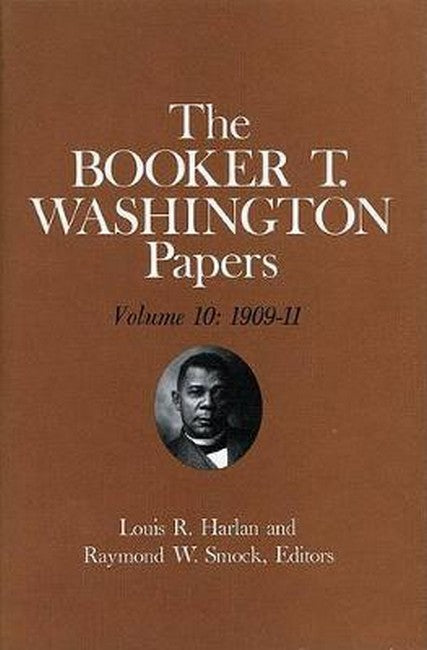The Washington papers continue to garner critical acclaim as a major publishing enterprise in Black and American historiography. Throughout their corpus, they reveal the private world of black Americans in the late nineteenth and early twentieth centuries and provide vivid personal perspectives on interracial relations during the ''age of accommodation.'' Between 1909 and 191, Booker T. Washington remained the most powerful figure in black America. His dominance, however, did not go unchallenged. Both the newly inaugurated President William Howard Taft and the newly founded National Association for the Advancement of Colored People were at odds with Washington. In addition, his influence was further strained by the spread of race riots, lynchings, and laws discriminatory toward blacks. Still, Washington continued his efforts to promote better race relations and improve black educational and economic opportunity. On speaking tours in the South, he drew large enthusiastic crowds of both races who were captivated by his charismatic intelligence and style. He also remained very much involved with the daily life and administration of Tuskegee - among other things, redefining George Washington Carver's duties at the institute. This period alo saw his continued work on My Larger Education (1911), a sequel to Up from Slaver, and The Man Farthest Down (1912), a study of the working classes in Europe.''Washington will remain a fascinating figure precisely because of his diversity and ambiguity. Thanks to the first-rate efforts of Louis R. Harlan, Raymond W. Smock, and their associates, Washington is also becoming a more accessible figure. All students of American history are in their debt.''--Richard B. Sherman, American Historical Review ''The Washington Papers continue to provide a rich load of material for social historians. Intelligently and imaginatively edited, they illuminate not only the life of Booker T. Washington but the several worlds in which he lived.''--Allan H. Spear, Journal of American History On the subject of Washington ''There is no better source to consult than Louis R. Harlan's biography and the first . . . volumes of the Washington papers.''--New York Review of Books ''A major enterprise in Black historiography.''--Times Literary Supplement

